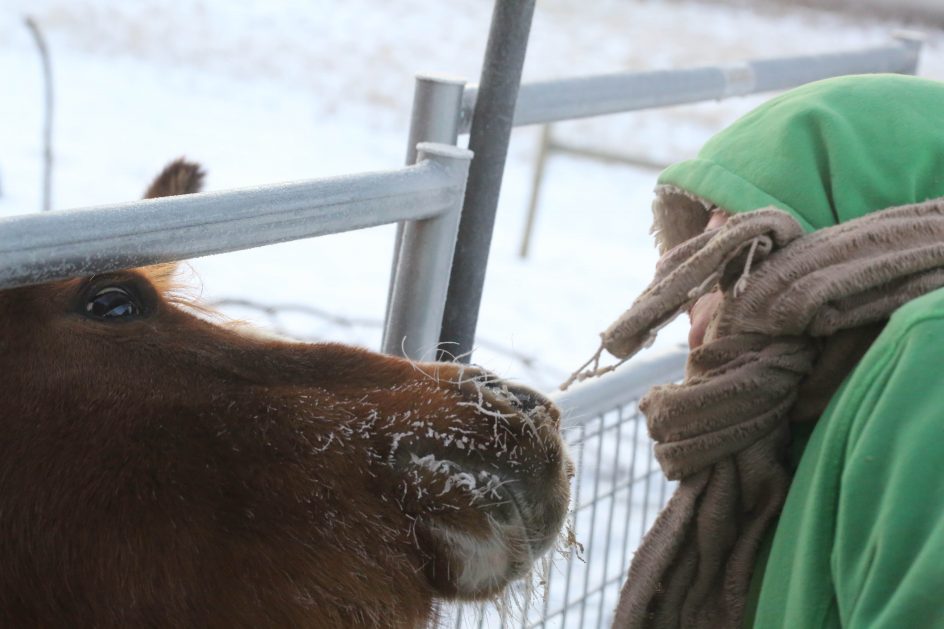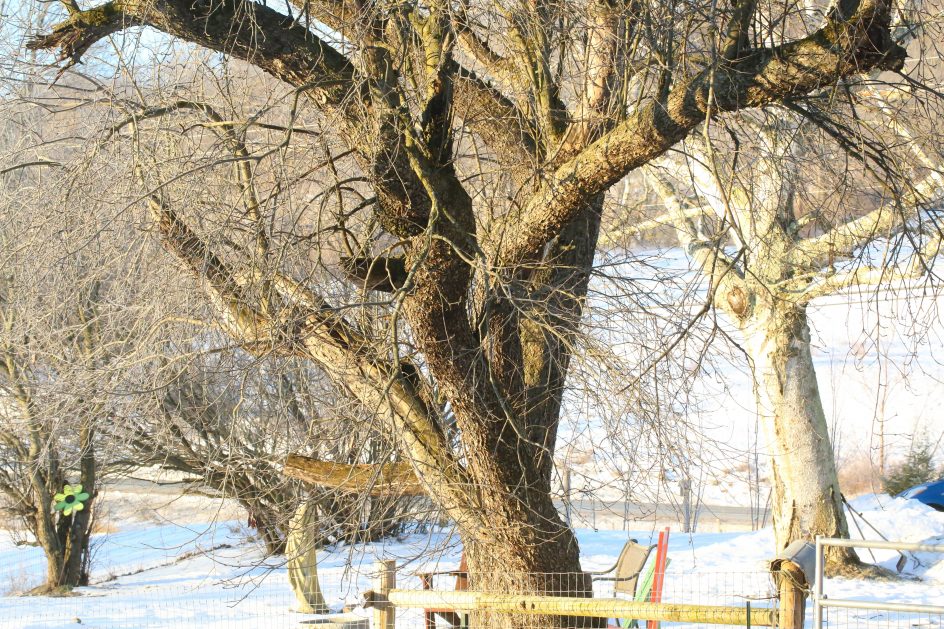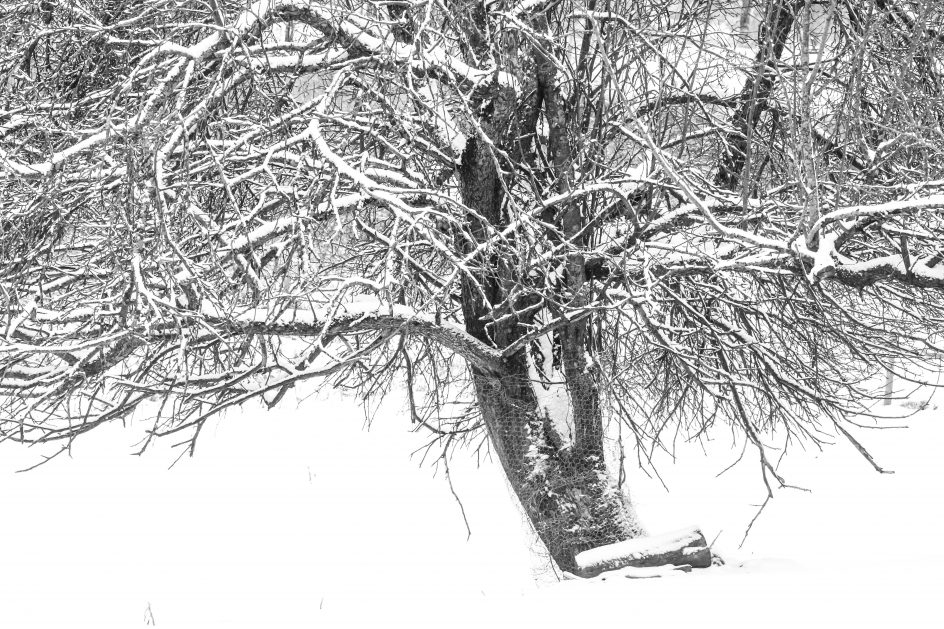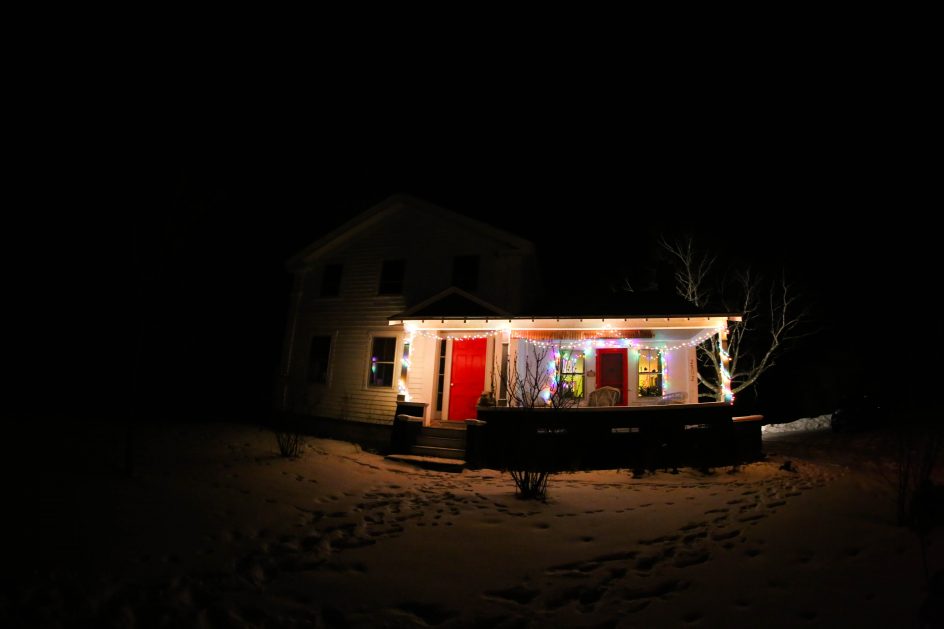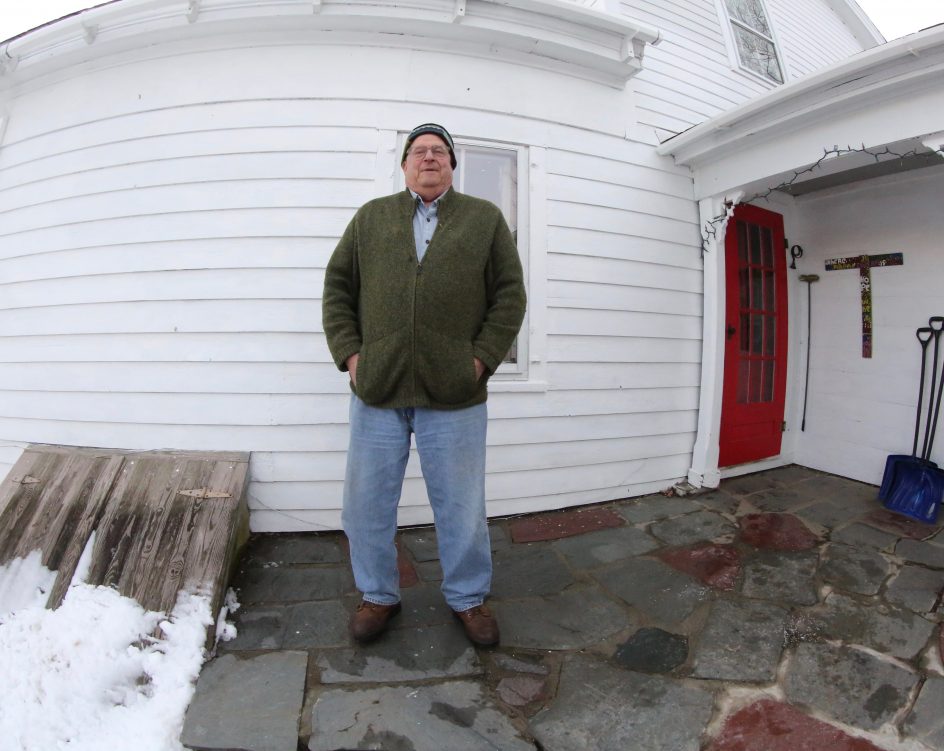
Life with an artist is never simple. This morning, when I came downstairs for breakfast, Maria looked at me with a kind of predatory gaze that has become familiar, and no, it’s not what you might be thinking. She was looking at my pants.
At some points in my life, this might have had particular implications, living with Maria, I recognized the look.
Usually, it means she has had a dream, is making a quilt or hanging piece, and wants something I am wearing. I have lost countless shirts, pants, even underwear, articles of clothing that have made their way into her fiberworks and out into the country.
You do not want to get in the way of one of Maria’s creative visions, believe me, there is only one path to take.
If you have a quilt of Maria’s, you are probably hanging some of my clothing on your wall. Once I was taking a nap, and Maria approached with some scissors, she said she was just checking out an old sweater. She had a funny look in her eye, sort of like the wives in those old Dracula movies.
I have no doubt she would have cut it right off of my body if I hadn’t given it to her. Immediately.
Why are you looking at my pants?, I inquired, wary.
“I was wondering if you need them,” she said.
“They are my pants,” I said, “of course I need them”
But I knew. “You want them, don’t you? You want my pants.”
She professed shock and some indignation, suggesting she would never take my pants unless I was completely done with them.
But I am wearing them, I said.
I’d like them now, she said.
“No,”I shouted puffing myself up. I have some pride. “You can’t have them while I was wearing them.”
Maria has a slightly different account of this exchange and you can read it here. She denies threatening me with scissors.
It was an uneasy day, Maria kept looking at my pants, she asked if she could photograph them. She was trying to spook me, and she was succeeding.You don’t want someone staring at your pants with a scissors.
She said she had a spot in a new quilt that needed some worn light blue denim, my pants would fit perfectly. Besides, she said, I had a half-dozen pants. Weren’t these getting old and worn? Wasn’t I tired of them? No, I sputtered, I am wearing them. I made a note not to take a nap today, I couldn’t sleep knowing she was out there with an unfinished quilt and some scissors, it was like a horror movie dream. When she is making a quilt, she is capable of anything.
She routinely confiscates my things and claims they are hers – undershirts, nightshirts, shirts and pants, even scarves. You don’t wear them or need them, she says, you don’t care about them.
I said goodbye to my pants this afternoon, for dignity’s sake I am pretending to consider this, but I know this story very well. Tomorrow my pants will be in pieces, she will probably get up early to rush to her studio and shop them up and put them or parts of them into her quilt.
I will never get to see my pants again after tonight, and they have been good pants.
They will end up on somebody’s bed or living room wall.
Life with an artist is not like life with other people. At least she didn’t wait until I took a nap.

